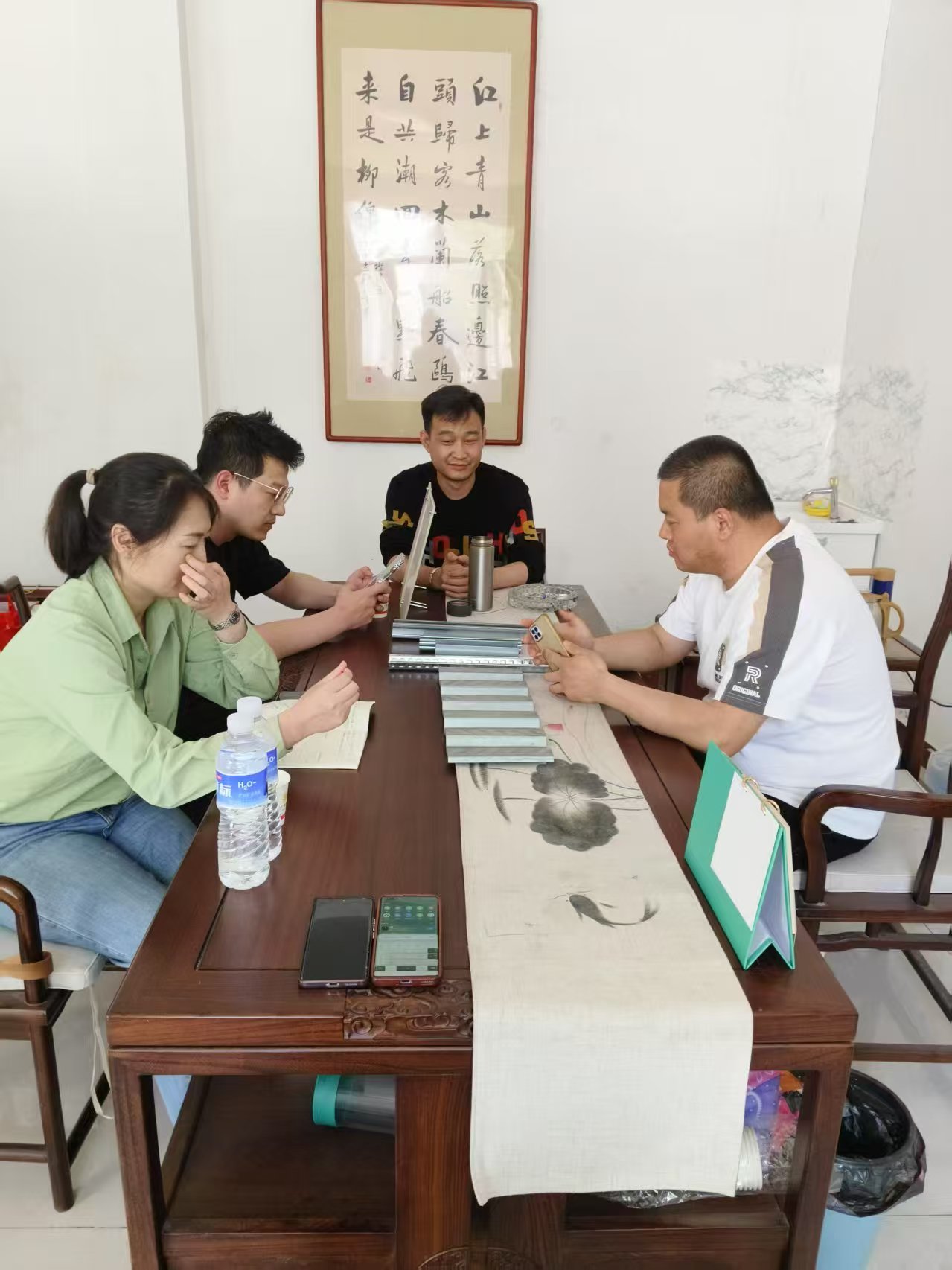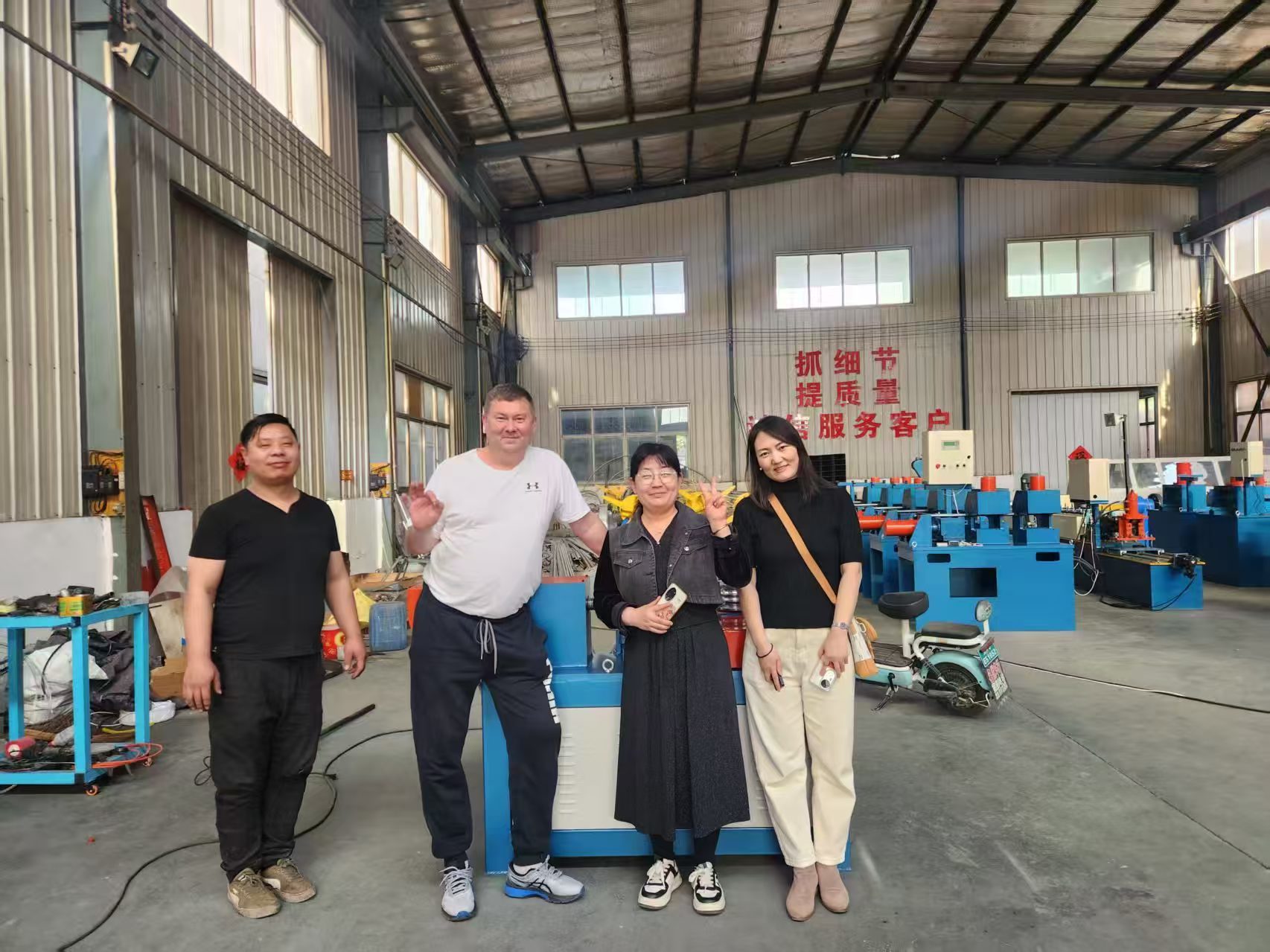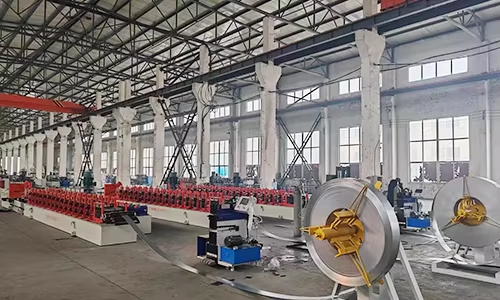From Concept to Creation: How a Roof Tile Forming Machine Revolutionizes Manufacturing
2025-07-21
From Concept to Creation: How a Roof Tile Forming Machine Revolutionizes Manufacturing
Table of Contents
1. Introduction: The Evolution of Roof Tile Manufacturing
2. Understanding Roof Tile Forming Machines
3. The Manufacturing Process: Step by Step
4. Advantages of Modern Roof Tile Forming Machines
5. Technological Advancements in Roof Tile Forming
6. Selecting the Right Roof Tile Fo
From Concept to Creation: How a Roof Tile Forming Machine Revolutionizes Manufacturing
Table of Contents
- 1. Introduction: The Evolution of Roof Tile Manufacturing
- 2. Understanding Roof Tile Forming Machines
- 3. The Manufacturing Process: Step by Step
- 4. Advantages of Modern Roof Tile Forming Machines
- 5. Technological Advancements in Roof Tile Forming
- 6. Selecting the Right Roof Tile Forming Machine
- 7. Industry Impact: How Roof Tile Forming Machines Are Changing the Game
- 8. The Future of Manufacturing: What Lies Ahead
- 9. FAQs
- 10. Conclusion: Embracing Innovation in Manufacturing
1. Introduction: The Evolution of Roof Tile Manufacturing
The manufacturing landscape has experienced remarkable shifts over the years, especially in the domain of **roof tile production**. Traditionally, the process involved labor-intensive methods that not only consumed time but also incurred high costs. However, with the advent of **roof tile forming machines**, this sector has witnessed a paradigm shift. These machines have become essential for manufacturers striving to enhance their **operational efficiency** and produce high-quality tiles that meet market demands.
As we explore how roof tile forming machines revolutionize manufacturing, we will delve into the mechanisms of these machines, their advantages, and the future trajectory of the industry.
2. Understanding Roof Tile Forming Machines
Roof tile forming machines are specialized equipment designed to craft tiles from various materials, particularly metals. These machines utilize advanced technology to shape, cut, and finish tiles efficiently.
Types of Roof Tile Forming Machines
There are several types of roof tile forming machines, each serving unique purposes:
- **Roll Forming Machines**: These machines use a series of rollers to shape metal strips into tiles. They are known for their high speed and precision.
- **Hydraulic Machines**: Utilizing hydraulic pressure, these machines can create complex shapes and designs, making them ideal for custom tile production.
- **Thermoforming Machines**: These machines use heat to mold materials, suitable for synthetic tiles.
Key Components of Roof Tile Forming Machines
Understanding the key components of these machines helps manufacturers effectively operate and maintain them:
- **Feeding Mechanism**: Ensures a steady supply of raw materials.
- **Forming Section**: The core area where the shaping occurs.
- **Cutting Mechanism**: Ensures tiles are cut to the desired length.
- **Control Panel**: Offers operators the ability to adjust parameters for precision.
3. The Manufacturing Process: Step by Step
The process of manufacturing roof tiles using forming machines can be broken down into several critical steps:
Step 1: Material Preparation
The journey of creating roof tiles begins with selecting the right material, typically metal or synthetic composites. Once the material is chosen, it is cut into manageable sizes for the machine.
Step 2: Feeding the Material
In this step, the prepared material is fed into the forming machine. Automated feeding systems are often employed to ensure consistency and reduce manual intervention.
Step 3: Shaping the Tile
As the material passes through the forming section, it is shaped into the desired tile profile. This stage is crucial, as it determines the aesthetic and functional qualities of the tile.
Step 4: Cutting to Size
Once shaped, the tiles are cut to specified dimensions using automated cutters, ensuring uniformity across the production batch.
Step 5: Finishing Touches
The final step involves applying any desired finishes, such as coatings or paints, to enhance durability and appearance.
4. Advantages of Modern Roof Tile Forming Machines
Modern roof tile forming machines present numerous advantages that significantly enhance manufacturing output and quality.
Increased Efficiency
By automating the tile production process, these machines drastically reduce the time required to manufacture tiles. This efficiency allows manufacturers to meet higher demand without compromising quality.
Cost-Effectiveness
Although the initial investment in forming machines may be substantial, the long-term savings realized through reduced labor costs and material waste make them an economically viable option.
Enhanced Quality Control
With precise automation, the quality of tiles produced is consistently high. Manufacturers can enforce strict quality controls, ensuring that each tile meets specific standards.
Sustainability
Modern machines are designed with energy efficiency in mind, reducing the carbon footprint associated with production. Many machines also incorporate technologies that minimize waste, promoting sustainable practices in manufacturing.
5. Technological Advancements in Roof Tile Forming
The evolution of roof tile forming machines is driven by continuous technological advancements that improve functionality and efficiency.
Smart Manufacturing
The integration of **Industry 4.0** technologies, such as IoT and AI, into manufacturing processes enables real-time monitoring and predictive maintenance. This leads to fewer downtimes and enhances overall operational efficiency.
Robotics in Production
Automation through robotics allows for precise manipulation and assembly of tiles. Robots are increasingly used for tasks such as stacking and packaging, further streamlining the production process.
Enhanced Software Solutions
Advanced software systems allow manufacturers to design and test tile patterns virtually, reducing the risk of errors and enhancing creativity in design.
6. Selecting the Right Roof Tile Forming Machine
Choosing the appropriate roof tile forming machine is vital for optimizing production. Here are key factors to consider:
Production Volume
Determine the expected production volume to choose a machine that can handle your needs without over-investing in unnecessary capacity.
Material Compatibility
Ensure the machine is compatible with the types of materials you plan to use, whether metal, clay, or synthetic composites.
Customization Options
Consider if the machine allows for customization of tile shapes and sizes, providing flexibility for future projects.
Supplier Reputation
Select a reputable supplier that offers quality machines and reliable customer support.
7. Industry Impact: How Roof Tile Forming Machines Are Changing the Game
The introduction of roof tile forming machines has not only transformed manufacturing processes but has also had a ripple effect across various industries.
Construction Industry
With the ability to produce high-quality tiles quickly, the construction industry benefits from a reliable supply of materials, enabling faster project completion and reduced costs.
Home Improvement Sector
Home improvement businesses, including roofing contractors, gain from a wider variety of tile options and quicker turnaround times, enhancing customer satisfaction.
Global Markets
As manufacturers innovate and expand, they open doors to international markets, allowing for increased competition and improved product offerings globally.
8. The Future of Manufacturing: What Lies Ahead
Looking forward, the future of roof tile manufacturing is poised for exciting advancements. The ongoing integration of **artificial intelligence** and **machine learning** in production processes will further refine efficiencies and quality.
Eco-Friendly Innovations
As sustainability becomes a priority, manufacturers will increasingly adopt eco-friendly materials and processes, ensuring they meet both regulatory standards and consumer demands for greener products.
Customization and Personalization
The trend towards personalized building materials means manufacturers will need to adapt quickly to consumer preferences, necessitating machines that can produce unique designs without significant downtime.
9. FAQs
What is a roof tile forming machine?
A roof tile forming machine is specialized equipment used to manufacture roof tiles from various materials, employing advanced technology to shape and finish the tiles efficiently.
What types of materials can be used in roof tile forming machines?
Common materials include metal, clay, and synthetic composites, depending on the specific requirements of the tile being produced.
How does automation benefit roof tile manufacturing?
Automation improves efficiency, reduces labor costs, and enhances consistency in product quality, allowing for higher production rates.
Are roof tile forming machines suitable for small-scale production?
Yes, there are various models available that cater to both large-scale and small-scale production needs, ensuring that manufacturers of all sizes can benefit.
What future trends can we expect in roof tile manufacturing?
Future trends include greater automation, eco-friendly innovations, increased customization options, and the integration of AI and IoT technologies in manufacturing processes.
10. Conclusion: Embracing Innovation in Manufacturing
The journey from concept to creation in roof tile manufacturing is a testament to the transformative power of technology. Roof tile forming machines have revolutionized the way manufacturers approach production, offering unparalleled efficiency, quality, and sustainability. As the industry continues to evolve, embracing these innovations will be crucial for manufacturers seeking to remain competitive and meet the ever-changing demands of the market. By investing in modern forming machines, businesses can not only enhance their operational capabilities but also contribute to a more sustainable future in the manufacturing landscape.
Key words:
RELATED INFORMATION
Recently, foreign trade personnel have conducted on-site learning on the company's equipment updates
Recently, foreign trade personnel have conducted on-site learning on the company's equipment updates
2025-05-15
A customer from Inekhusko, Russia, took a 10-hour flight with multiple transfers to visit our factory and inspect the equipment they had previously ordered from our company.Our foreign trade staff warmly received the customer.
2025-04-24
Photovoltaic bracket equipment is a special bracket planned for the placement, installation.
2024-05-22








